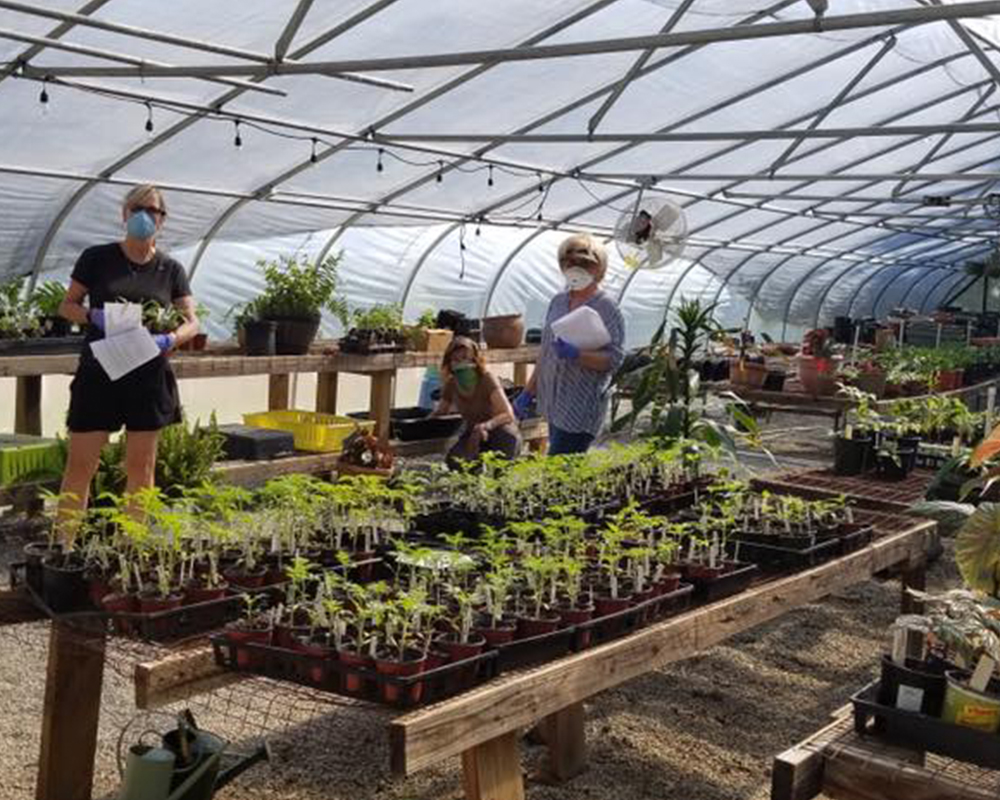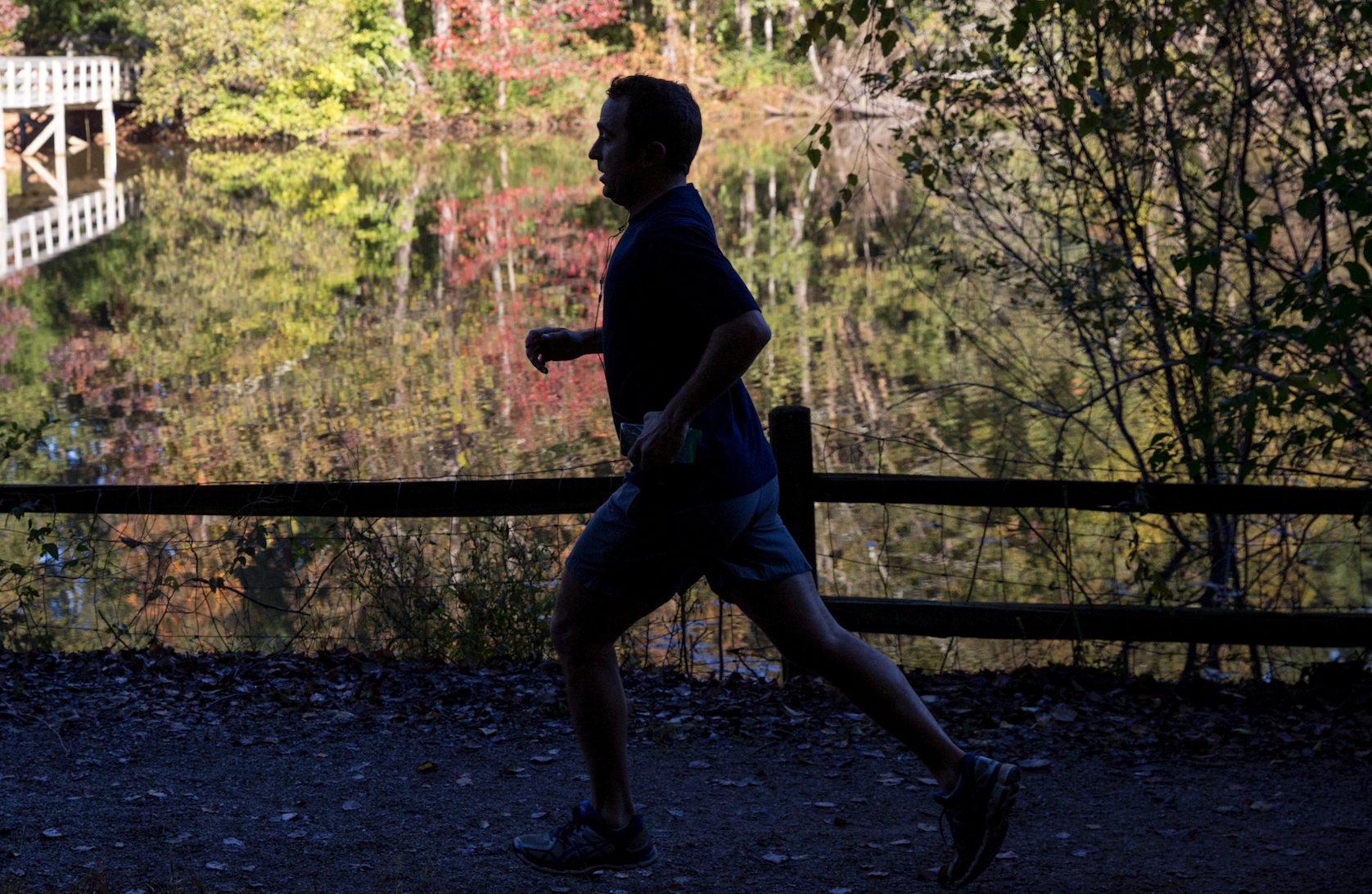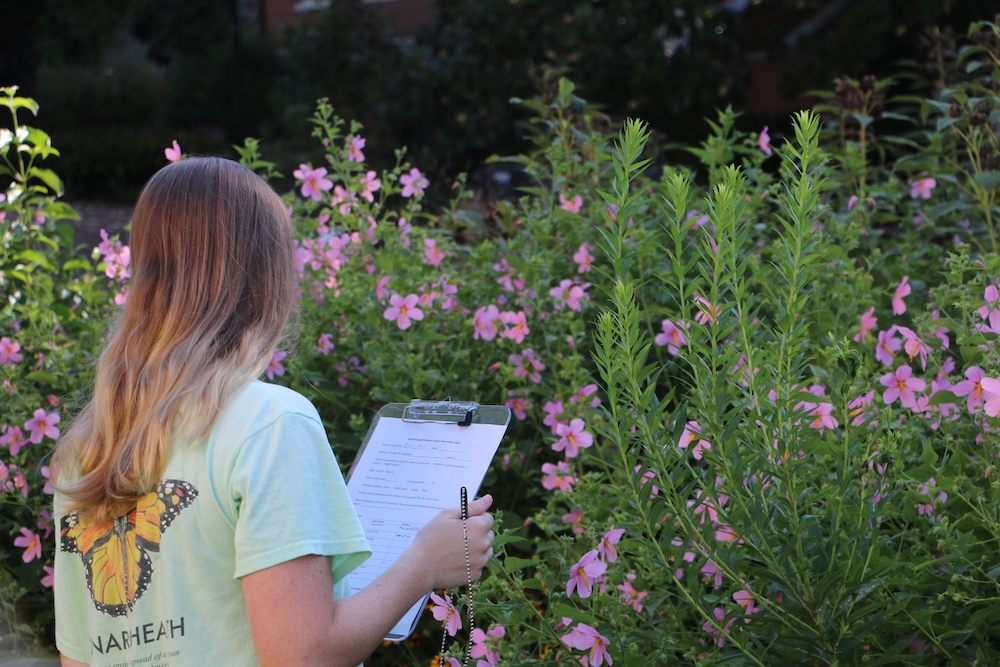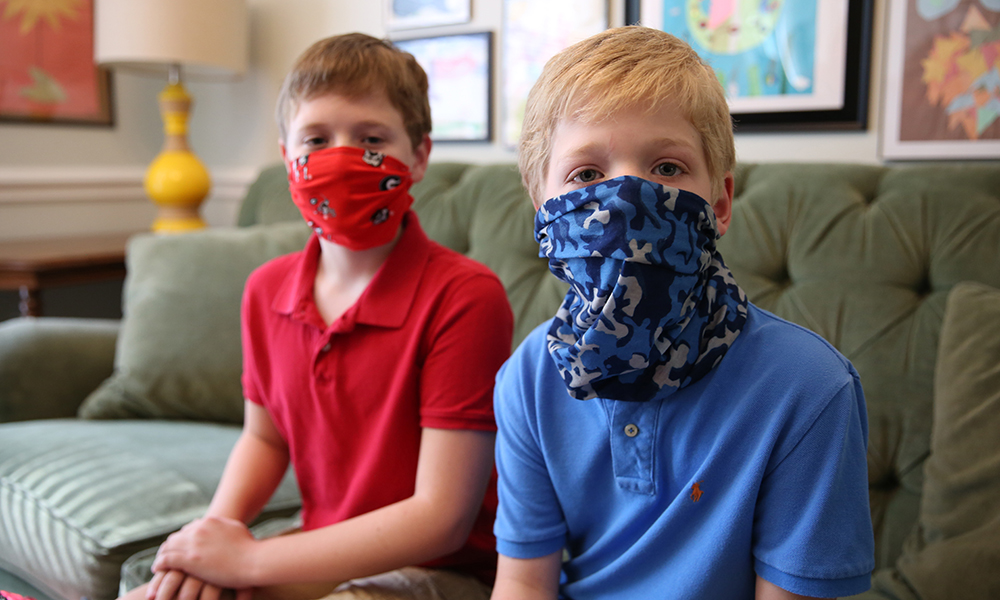-Cropped.png) CAES News
CAES News
2022 Farm Stress Summit
Farm family health and wellness is a priority for many rural Georgia communities. As the backbone of Georgia’s No. 1 industry, agricultural producers face unprecedented pressures, including increasing input costs, a flood of produce imports, labor shortages, pandemic protocols for worker safety and more.








